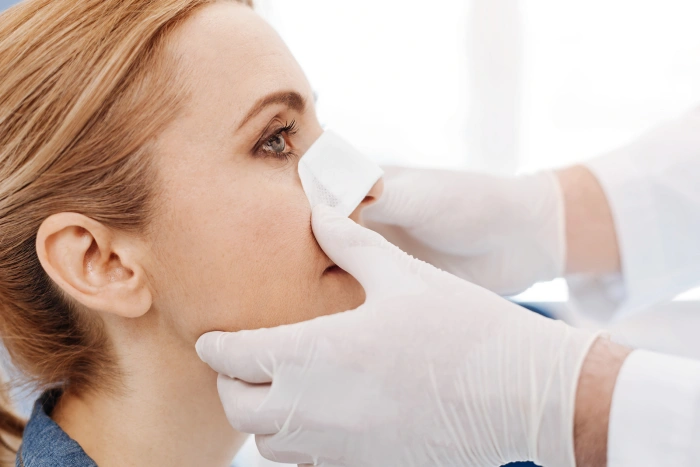Guessing whether a celebrity has had plastic surgery isn’t new, but the nature of this conversation has changed.
In the past, such topics were dominated by gossip and sharp remarks. Think of Hedda Hopper in the 1940s, Cindy Adams in the 1980s, and Joan Rivers commenting on celebrities’ plastic surgeries on the red carpet. Nowadays, this kind of speculation takes place in real – time on TikTok. The discussions are faster and louder, often led by actual dermatologists and plastic surgeons. Many of them give their opinions on procedures they didn’t even perform. While some of these discussions are positive (for example, Lindsay Lohan looking younger in her 30s than in her 20s? Demi Moore seemingly aging backward?), they raise a bigger question: Does this never – ending guessing game help us better understand aesthetics, or are we just overly fixated on every facial contour and passing it off as research?
Dr. Karan Lal, a dermatologist in Phoenix, attributes the increase in such speculation to the improved results of plastic surgeries these days. He explains, “We see that some celebrities don’t look ‘drastically different’ after procedures. Instead, they still look like themselves, but more refreshed. It’s this minimalist approach to plastic surgery that fascinates people and strikes a chord with them.”
The widespread availability of aesthetic treatments and social media’s intense focus on image perfection have also contributed to this obsession. Dr. Konstantin Vasyukevich, a facial plastic surgeon in New York, agrees, saying, “Exposure on social media has made people notice aspects of their appearance that they previously ignored. Now, they not only analyze celebrities but also consider what treatments might be beneficial for themselves.” In Beverly Hills, CA, Dr. Kimberly Lee, a facial plastic surgeon, says that we’ve gotten used to seeing a constant stream of transformation photos in our social media feeds. “With celebrity fitness routines, skincare regimens, and surgical enhancements, people are extremely aware of how to enhance their appearance.
The continuous influx of transformation – related content keeps the speculation at an all – time high.” While some people argue that the discussion about celebrity aesthetics is simply out of curiosity, others believe it’s driven by a new collective obsession with treatments and procedures. Dr. Lal says, “After COVID, people became more conscious of how they look on camera, whether in Zoom meetings or social media posts. This heightened self – awareness has led to a greater curiosity about how celebrities maintain their looks.” Dr. Lee concurs and adds that the internet thrives on sensational content. She says, “The internet runs on gossip, speculation, and instant analysis. It’s not just about admiring beauty; it’s also about dissecting how it was achieved.”
The speculation about cosmetic procedures isn’t just an online obsession; it’s changing the way we perceive ourselves. The meme “You’re not ugly, you’re just poor” resonates because people are more aware than ever of who is getting what kind of plastic surgery. “When celebrities alter their appearance, whether through surgery or subtle treatments, it can create the impression that natural aging is unacceptable. This pressure affects not only the public but also the celebrities themselves.”
Men are not exempt either. Dr. Lal adds, “There has been a significant increase in hair transplants, facial sculpting, and body contouring for men. There is a clear rise in the expectation for men to maintain a youthful and masculine look.”
At the same time, people are thinking in the long – term. Dr. Vasyukevich says, “We are witnessing a shift towards proactive anti – aging. ‘Prejuvenation,’ using cosmetic procedures to prevent signs of aging rather than just reverse them, is becoming a crucial part of self – care.”
Related topics:

